Native Americans plan to make history in the US election
- Published
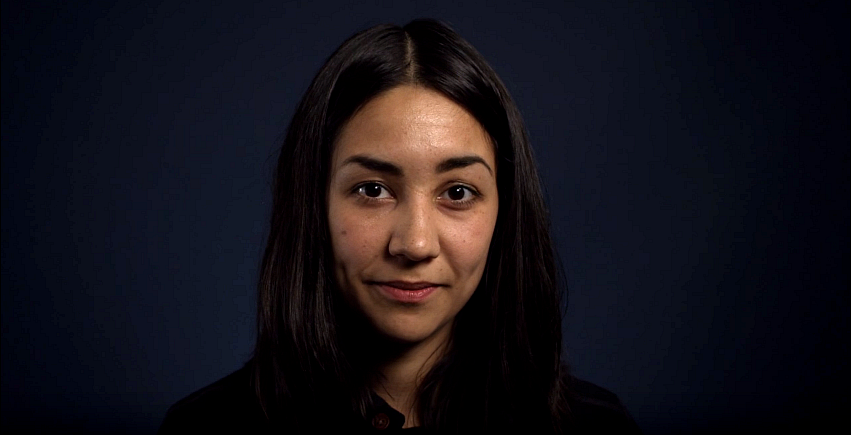
More Native Americans are participating in the 2016 election than ever before.
Eight indigenous candidates are running for Congress, up from two in 2014. Over 90 are running for state legislatures, again exceeding previous years.
Hillary Clinton ran campaign ads in Navajo and met with tribal leaders in Iowa, Washington, Arizona and California during the presidential primaries. Bernie Sanders met with 90 leaders in total, a political record.
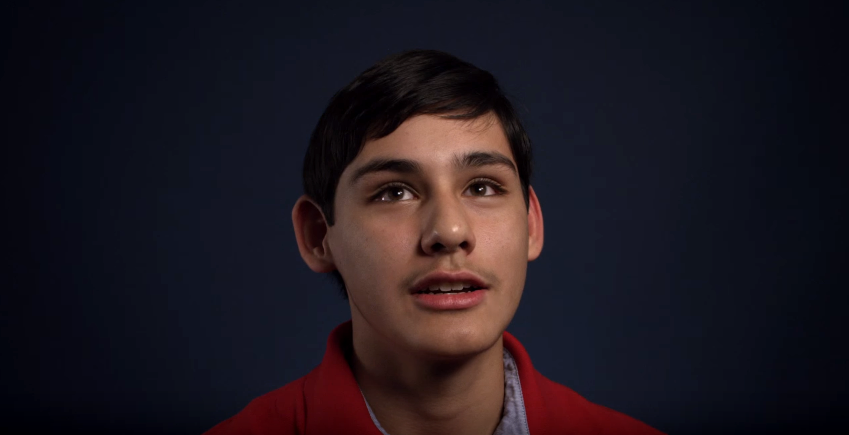
"This is the best campaign ever in Indian Country," says Nicole Willis, member of the Confederated Tribes of Umatilla and former advisor to Bernie Sanders. "There's no question about that."
Native Americans, who make up approximately 1.7% of the US population, are unlikely to determine a presidential election.
But they do play an important role in shaping local politics and swinging votes for seats in Congress.

Native American demographics
More than five million Native Americans live in the US
Alaska, New Mexico and Oklahoma have the largest native populations
The average age of native people is 26, compared with a national average of 37
These communities speak over 175 different languages and are divided into 567 semi-autonomous nations

Almost 15% of Alaska's population, external is indigenous, which played an important part in bringing Senator Lisa Murkowski to victory in 2010. Local districts of North Dakota, New Mexico and other Western states have large and in some cases majority Native American populations.
"Tribes are organised entities that tend to vote as a group," says John Dossett, General Counsel within the National Congress of American Indians, external. "When they turn up and vote in one block, they can have a huge impact at a state level."
Mark Trahant, former president of the Native American Journalists Association, believes indigenous votes could strip Republicans of as many as six Congressional seats, external come election time in November.
"Montana is one of the most important states," he says. Denise Juneau,, external a member of the Mandan Hidatsa Tribes, is running for Congress. "She's raised a lot of money. It could be tight race with [Republican] Ryan Zinke."
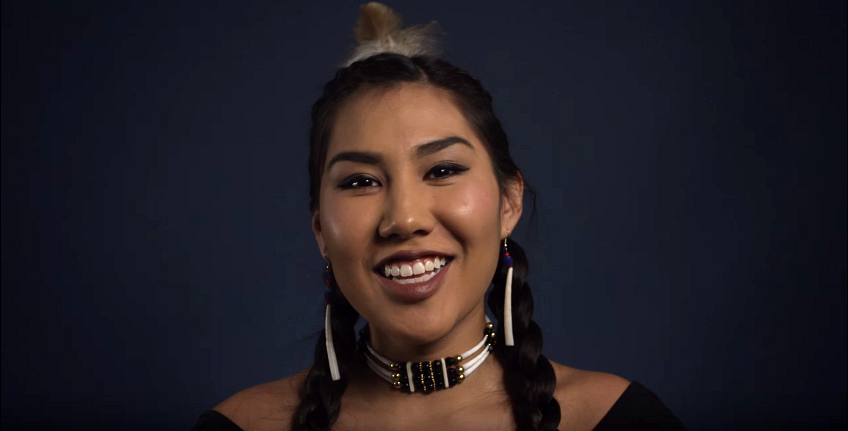
But why is 2016 proving to be such a vibrant year for indigenous politics?
Many Native American commentators point to President Barack Obama's efforts to improve relations with the country's tribal nations.
In the course of his two terms in office, he has settled hundreds of legal disputes with indigenous communities, passed favourable legislation, like the Indian Health Care Improvement Act, external, and established an annual conference, external for tribal leaders to meet at the White House.
Ties between the federal government and many Native American communities, some of whom were denied the vote until the 1950s, external, have never been better.
"Obama's commitment to young natives in particular has had a tremendous impact," says Erik Stegman, executive director of the Center for Native American Youth. "We've seen a lot of interest in this election and a large number campaigning for Hillary Clinton and Bernie Sanders."
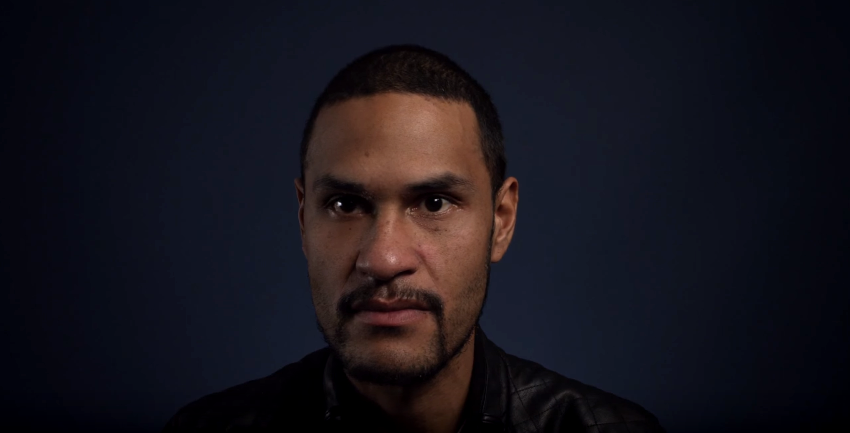
Close to 32% of Native Americans, external are under the age of 18. Government-funded programmes, like Generation Indigenous, which seeks to empower native millennials, have been battling to inspire this age group for years.
"The US political system was not designed for us," says Jaynie Parrish, an original member of the Native Vote Initiative, which seeks to encourage indigenous political participation. "Getting young people involved is incredibly difficult. But we are learning to play the game."
Except for pockets of Republican support in Arizona, Nevada and a significant following in Oklahoma, external, Native Americans are overwhelmingly Democrats. Close to 70%, external voted for Barack Obama in 2012.
Of the 94 indigenous candidates running for office this year, external, 75 are Democrats, 14 are Republicans and four are independent.
The Democratic party has almost 150 native delegates, who have stake in electing presidential nominees during the primary voting stage.
During the Democratic Convention in Philadelphia, these individuals played a visible role in proceedings, calling out state votes in the nomination process and speaking on the opening day of the ceremony.
At the Republican Convention in Cleveland, only one Native American delegate represented the party.
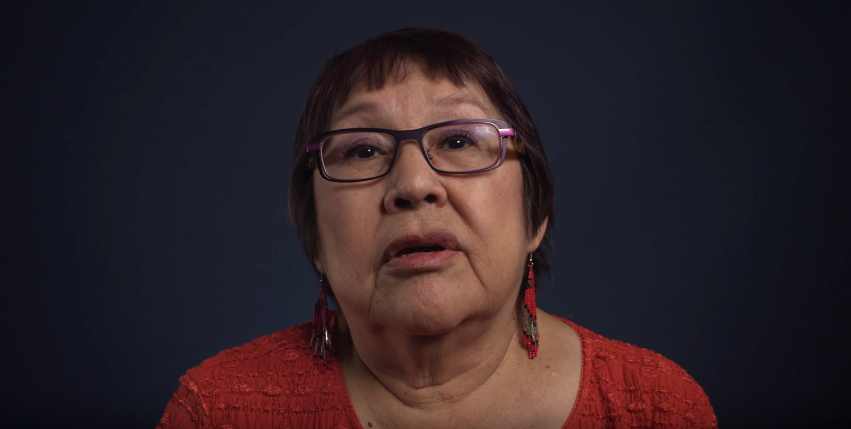
Among native communities, Republican nominee Donald Trump is widely regarded as a threatening figure.
While speaking on a radio show, external in 1993, he said "I think I might have more Indian blood than a lot of the so-called Indians," referring to native people he was competing with in the casino industry at the time.
In February 2000, Trump paid over $1m (£774,000) for negative advertisements , externaldepicting the St Regis Mohawk people in New York State as "criminals."
During this year's presidential campaign, he has repeatedly referred, external to Senator Elizabeth Warren as "Pocahontas," mocking her claim to have distant Native American ancestry.
'We have a lot of fear as to what he might do," says Arlan Melendez, member of the National Congress of American Indians and Chairman of the Reno Sparks Indian Colony. "I haven't met one tribe out of all 567 that has said they will support Trump."
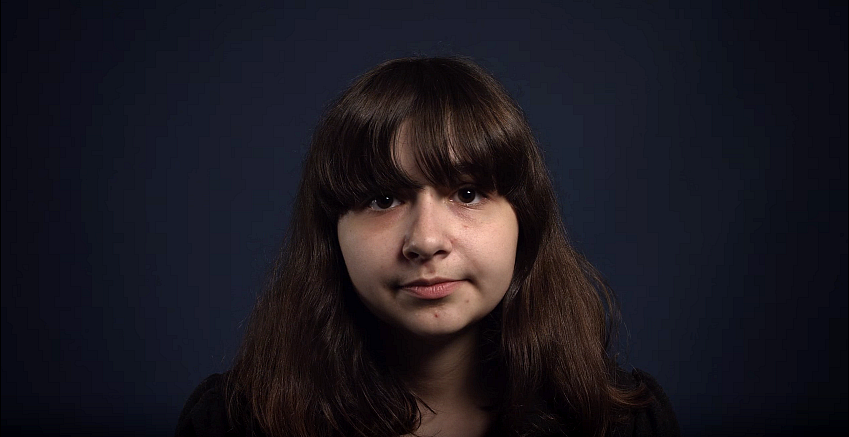
Despite the increased enthusiasm of native voters, challenges remain.
Communities living in remote areas, like the Goshute reservation in Utah, will have to travel as far as 140 miles to reach their nearest polling station on election day on 8 November.
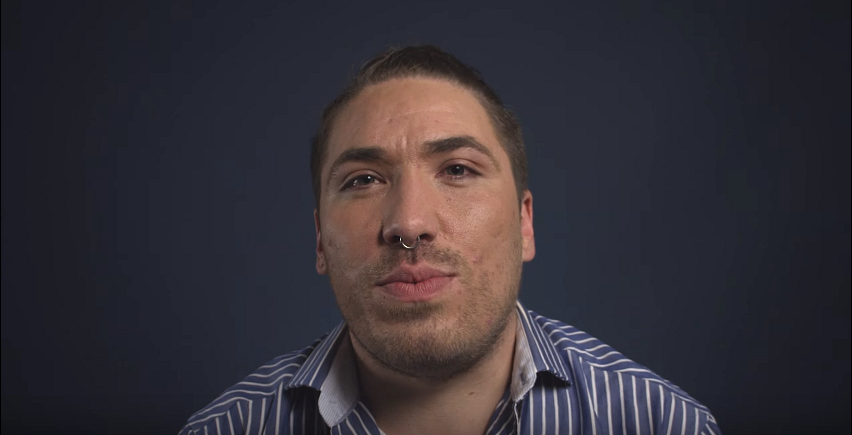
Language barriers, polling closures and voting identification requirements, external hinder Native American election participation in many other areas.
"We are having to deal with a colonial legacy that was intended to exclude us," said Chase Iron Eyes, a member of the Standing Rock Sioux Tribe running for the House of Representatives in North Dakota.
"A lot of people think we were all killed, that the Americans and Europeans wiped us out. But we are still here."

Images credited to the WatchCut, external, an online video production house which ran a series exploring Native American ideas and identity